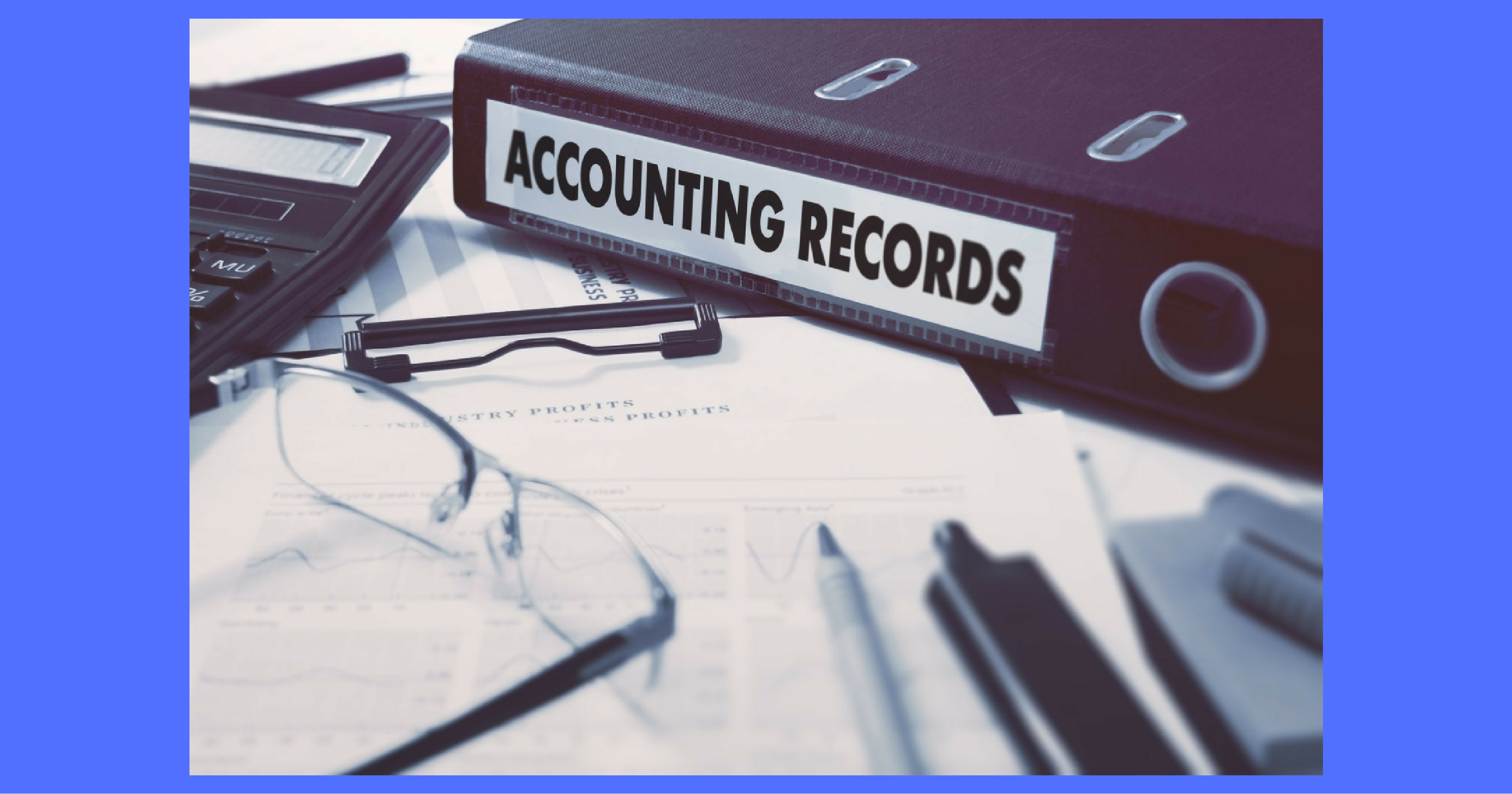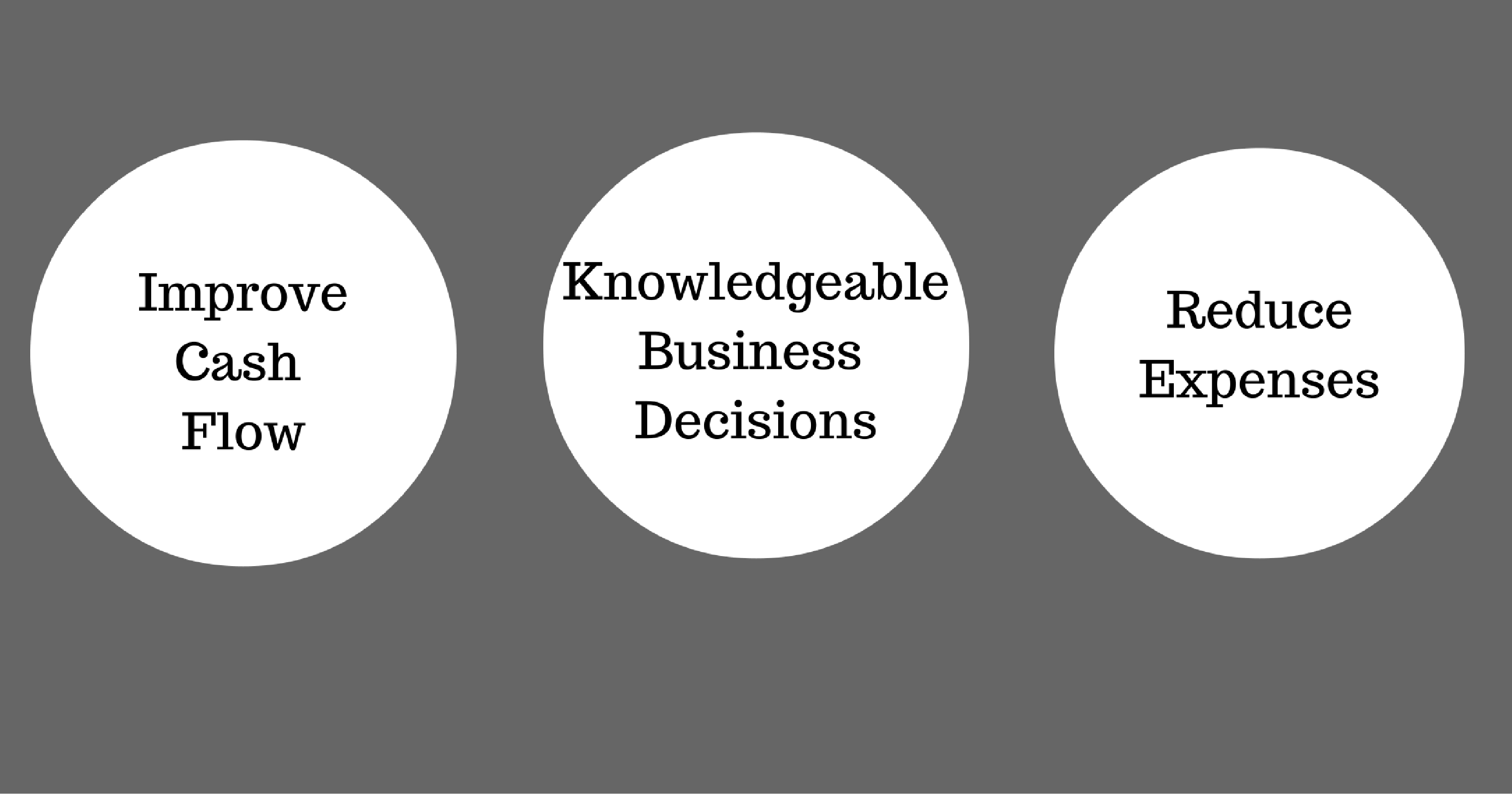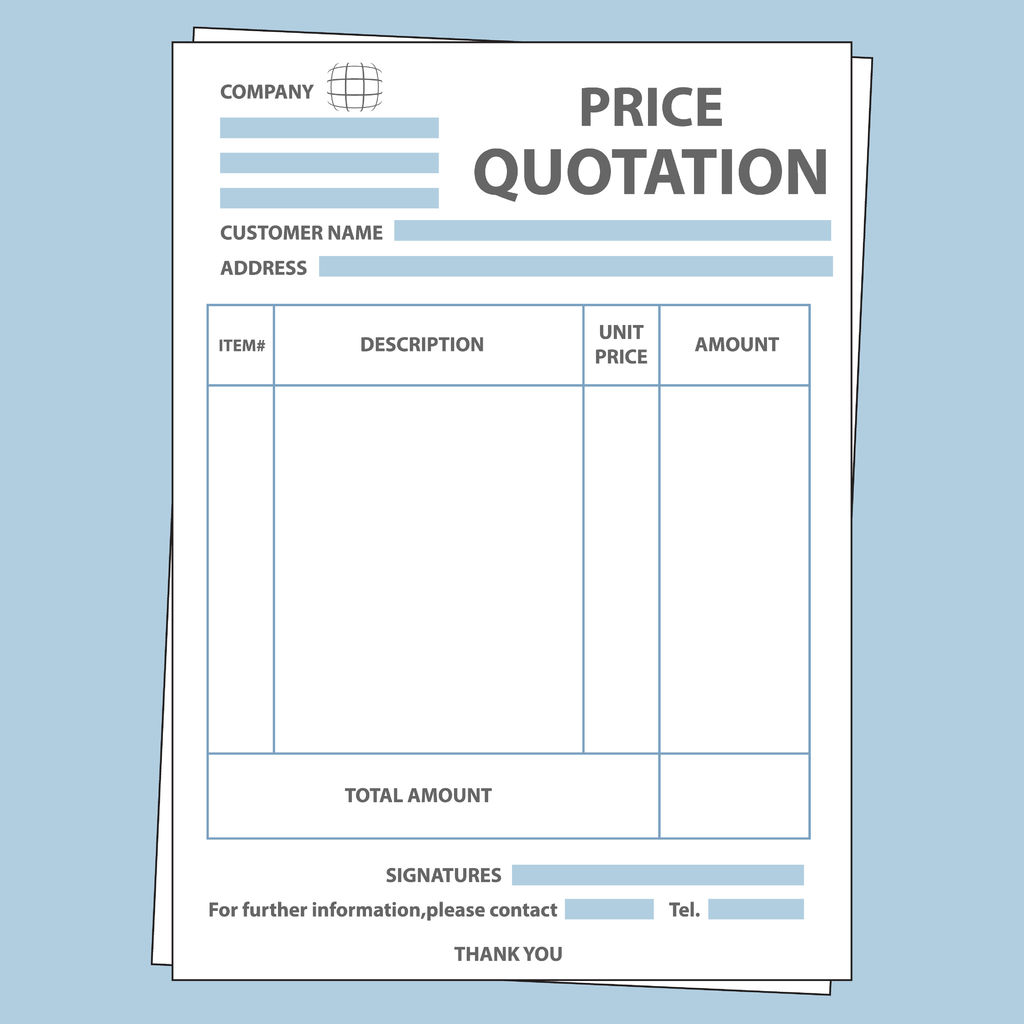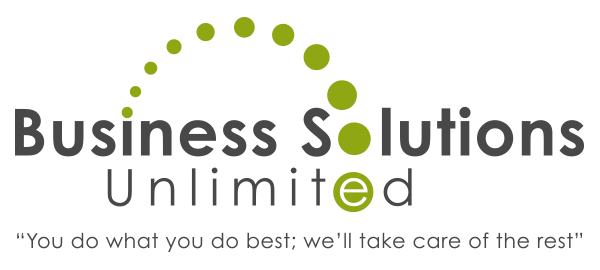
by Christie Tostevin
While many St. Augustine, First Coast Small Businesses and individuals focus on the local market, their money might be a bit more global.
An offshore or foreign financial account can be handy for an individual or business, including:
- International and currency diversification
- Ability to transact quickly in a country you do business in or frequent
Luckily, we live in a country that easily allows its citizens to move money around the globe.
Of course, the U.S. Government is fully prepared to accommodate you in reporting money you hold in foreign bank and financial accounts.
What is Foreign Bank and Financial Accounts Report (FBAR)?
FinCEN Form 114 – Report of Foreign Bank and Financial Accounts to be specific.
It’s a tool used by the U.S. Government to “collect information from U.S. persons who have financial interests in or signature authority over financial accounts maintained with financial institutions located outside the United States.”
Since foreign financial institutions are not subject to U.S. reporting requirements like domestic institutions are, FBAR is the way the US. Government can identify income and money maintained or generated abroad.
The reporting requirement has been in place since 1970. Interestingly, filing a FBAR was rarely enforced until the 2008 financial crisis. Enforcement increased in response to a drive to reduce the national deficit and eliminating oversea tax evasion.
Who Must File FBAR?
Any U.S. person with a financial interest or signature authority over any foreign financial accounts with a maximum aggregated value exceeding $10,000 at any time during the calendar year.
A U.S. person is defined as:
- A citizen or resident of the United States
- An entity created or organized in the United States or under the laws of the United States. The term “entity” includes but is not limited to, a corporation, partnership, and limited liability company
- A trust formed under the laws of the United States
- An estate formed under the laws of the United States
What is Aggregated Value?
Basically, if the amount of money you keep in foreign accounts—regardless of amounts in separate accounts—exceeds $10k, you have to file a report. For example, if you have three accounts with balances of $3k, $1k, and $8k, you’d have to report on all account since the aggregate value is over $10k.
What are Financial Accounts?
The U.S. Government considers the following to be financial accounts:
- Bank accounts such as savings accounts, checking accounts, and time deposits
- Securities accounts such as brokerage accounts and securities derivatives or other financial instruments accounts
- Commodity futures or options accounts
- Insurance policies with a cash value (such as a whole life insurance policy)
- Mutual funds or similar pooled funds (i.e., a fund that is available to the general public with a regular net asset value determination and regular redemptions)
- Any other accounts maintained in a foreign financial institution or with a person performing the services of a financial institution.
What is the Deadline to file a FBAR?
For 2017, the deadline is April 18.
Where to Get FBAR Forms
FBAR forms are available on the IRS.gov website.
And Yes, There are Penalties for Not Filing
Failure to file a required FBAR can lead to civil penalties and/or criminal penalties. Fines start at $10k for each year FBAR should have been filed.
Need Help?
Did you know there are several exemptions from the FBAR filing requirement plus a penalty-free procedure for eligible individuals who non-willfully did not comply? We know and would be happy to help you out if you have any questions about FBAR filing.
Give us a call at (904) 429-4588 and let’s see how we can help you.

by Christie Tostevin
The new year brings several changes to filing deadlines for businesses and individuals. To help you keep track, we’ve put together this handy calendar listing important deadlines and information for 2017.
Tap here [LINK TO PDF] to download a printable version of our calendar.

by Christie Tostevin
While strolling through the historic district and taking in the magical St. Augustine’s Nights of Lights, our thoughts were on the festivities of the season.
Gatherings of friends and family, eggnog, gift exchanges, holiday parties…and cleaning up the business’s financial books before the end of the year.
Yep, for business owners cleaning up their accounting and preparing their books for year end is a vital tradition of the holiday season.
Properly preparing your financial information before the end of the year provides an opportunity to:
- Take stock in your business performance
- Ensure all assets & liabilities have been accounted for
- Organize important tax information
- Gather information needed to send out 1099s & W-2s
- Set the stage for the upcoming year’s budget
Start Reviewing Your Books
This time of year, it’s important to take stock of your business income, assets, expenses and potential deductions. For example:
- Are your book balances reconciled with your bank statement balances?
- Are payables accurately recorded?
- Are debts included in end of the year financial statements?
- Are there any receivables or debts that can be written off?
Now’s the Time to Close-Out the Old
Before you move on to the new year, close out the current.
- Are there any old customer accounts still active in your books?
- Do you have inactive vendor accounts that need to be closed?
- Do you still have open ex-employees files that need to be closed?
Organize for Tax Deadlines
Before you know it important 2017 tax deadlines will be upon us. It’s time to prepare now. Keep these dates in mind:
- The deadline to send out 1099s and W-2s has been moved up for this year to January 31
- Be ready to update & fill out your Tangible Return by April 1
Close out the Year and Prepare for the Next
Once you’ve rolled your 2016 files over for recordkeeping and ensured your books are in order you’re well-positioned for 2017. You’ll have a better understanding of your current financial picture and that’s a great start to properly prepare the budget for the upcoming year.
Need Help?
We’ll be happy to guide you, clean up your business accounting and prepare for the new year. Give us a call at (904) 429-4588 and let’s see how we can help you.

by Christie Tostevin
Let’s say you just created a brand new, brilliant idea/product for your business to sell.
Congratulations! And as you proudly look at this new shiny product that you’re sure is going to fly off the shelf into consumer hands—a thought crosses your mind.
“How much should I charge for this thing?”
Sure, you could look at what other Jacksonville or St. Augustine-based business charge for a similar product and charge the same. But, does this comparison pricing method capture the full picture?
Does the price include your manufacturing, staffing, or other overhead costs?
Will you, over time, lose money at this price?
That’s where cost accounting can come to your rescue.
What is Cost Accounting?
Cost accounting is literally the accounting of all costs incurred in carrying out your business activities.
By examining the cost structure of your activities, this management accounting process can help you gain an understanding your business’ relationship with money. How you earn it. How you lose it.
Quite simply, this accounting process collects, measures, analyzes, interprets and reports on the real cost of product manufacturing or providing a service.
Valuable Benefits of Cost Accounting
Defining Costs of Business: Cash accounting looks at the business costs, including direct materials, direct labor, overhead, etc. Using this information, a standard costing system can be implemented in your business. This allows the business Owner or Manager to determine price on products and services plus knowledgeably adjust pricing when necessary.
Reduce Expenses: Business Owners and Managers can use information gathered through cost accounting to review the operation of their business. Gaining an understanding of how much money it costs to run their business, Owners can make adjustments to materials and resources to reduce costs.
Improved Cash Flow: Owners and Managers will be able to thoroughly comb through their finances—analyzing necessary and unnecessary cash expenditures.
Knowledgeable Business Decisions: Data from cash accounting allows Owners and Managers to make quantitative business decisions & very helpful when a new business opportunities appear. Owners and Managers can make a decision to pursue the opportunity based on the informed impact it would have on their business.
What Types of Businesses Would Benefit from Cash Accounting?
Cash accounting would benefit most businesses that directly assign costs to items or activities.
Manufacturing: Businesses that produce consumer products require accurate production costs: direct materials, direct labor and overhead. Cash accounting allows manufacturing businesses to plan cost allocation to ensure their expenditures can be recouped by sales of their products.
Retail: Cost accounting allows retail store Owners and Managers to forecast inventory needs, review profit margins and make business decisions based on analyzed financial data.
Service (Transportation, Professional, Restaurant, Maintenance, etc.): Cost accounting helps service-based businesses determine business function costs. This provides Owners and Managers data on how much labor is used and amount of materials used to perform their service. This information can be invaluable to maximize your profit for each customer interaction.
Overall, most businesses could benefit from some level of cash accounting. If you need guidance on cash accounting or any other accounting needs, give us a call: (904) 429-4588.

by Christie Tostevin
It Could Pay to Shop Around for Business Services
Complacency could be robbing you of profits.
When it comes to purchasing business services like insurance, IT or pest control, most business owners are like most consumers—creatures of habit.
Once an owner finds a company to service their needs they generally stay with them, year after year. That’s understandable. After all, it takes time to research services and you’ve got a business to run.
However, shopping for services once a year or every two years could bring a financial reward for your business as in better rates.
But it’s not always about better rates. Shopping around could bring improved services that align with your current business needs.
Those benefits are not just attained by switching service companies. By educating yourself on available rates and services, you might be able to negotiate a better deal with your current provider.
Who knows, they might have been complacent with your account as well.
Below are some business services that shopping around and making comparisons could prove beneficial to your business.
Insurance Companies
As a business, you need insurance. Of course, type of insurance needed for your business varies for general liability, health and worker’s compensation.
Since insurance rates and coverage are based on many factors, it’s important to make sure an insurance company understands your business industry and current needs.
Companies offering industry-specialized protection might offer better rates and coverage for your specific needs plus more apt to stay current on your industry’s trends and requirements.
For example, a florist with a single employee is not going to have the same needs as a general contractor with a dozen. Or, if your business heavily relies on computers, cyber insurance coverage could be beneficial if your systems come under a cyberattack.
When shopping for insurance coverage enlisting the services of an independent insurance broker could be beneficial. They could help you:
- Assess your risks
- Determine if you’re currently over or under insured
- Make sure your insurance company coverage can expand as you grow your business
When selecting an insurance broker, it’s important they understand the type of business you operate and the risks associated with your industry.
IT Companies
As a business grows, so does the technology used to support it. While many small businesses or home-based business might rely on the tech support of friends, eventually a pros touch might be what your business needs.
A general rule of thumb is if you’re a small business with a minimum of five computers, an on-call IT specialist could help prevent computer problems that could take your company down for an unprofitable day—or longer.
When shopping for services of a professional IT service, here are some guidelines:
They Understand Your Operation and Business Computer Needs
Make sure they understand your operation and business computer goals – not just the technology you’re using. That includes:
- How you use your email service
- Your data security and backup needs
- Industry regulations regarding technology and privacy
- Tablet and smart phone usage
- Not just your immediate needs, but three and five year business plans
They Provide Choices
Look for a professional who offers a range of services and pricing levels. These individuals probably have done their research and understand that one price does not fit all needs.
They’re Credentialed
Most IT professionals will display their credentials proudly. Look for Microsoft Certifications and Apple Certifications based on the computers you use.
Pest Control
It’s easy to deal with the occasional cockroach in DIY Fashion (anyone got a shoe?).
However, an insect infestation could be a major business interruption. It could also impact your valuable reputation—especially important for say the restaurant business.
And that could be where hiring a pest control professional comes in handy.
When shopping for a pest control professional look at the following:
- Longevity and experience
- References (especially those from your industry)
- Ongoing training of field personnel
- Use of chemicals applicable to your industry
- Licensing and liability insurance
- Prevention and cleanup procedures
Get a Few Estimates
Regardless of services, always make an effort to get a few estimates. That way you can compare services offered and prices before making a decision.
If you need any guidance on selecting a service based on your budget and needs, give us a call, 904-429-4588, today and we’ll be happy to help.





